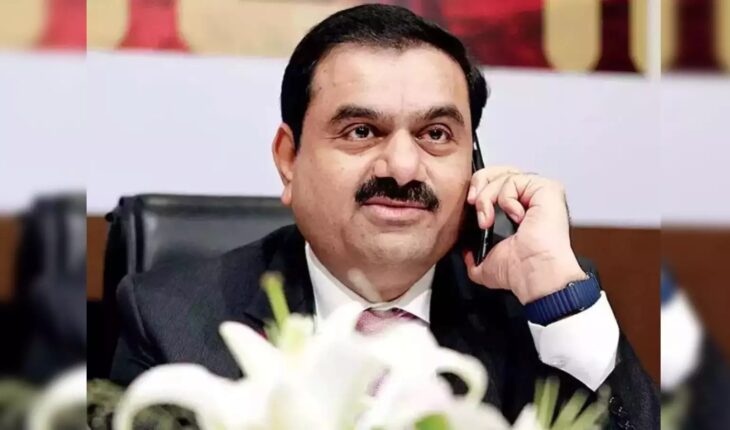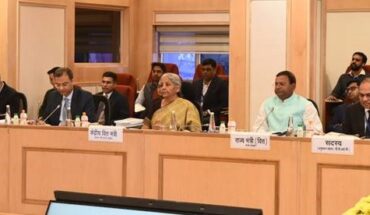The allegations by the U.S. Department of Justice (DOJ) that bribes were offered to officials across Indian states in connection with deals involving the Adani Group demand a clear-eyed response from Indian authorities. While the Adani Group, on November 27, 2024, stated that its chairman Gautam Adani, nephew Sagar Adani, and senior executive Vneet Jain have not been charged with violations of the U.S. Foreign Corrupt Practices Act (FCPA), the need for a domestic investigation remains undiminished. Adani Green, a key firm in this controversy, has labeled media reports linking its leadership to bribery as “incorrect,” as per its latest stock exchange filing.
However, these denials, no matter how emphatic, do not obviate the necessity for accountability. India cannot afford to remain complacent. The Modi government’s consistent reluctance to investigate the Adani Group, even after the Hindenburg Research revelations and now the U.S. DOJ indictment, raises troubling questions. Calls for a joint parliamentary committee probe have been brushed aside, with sporadic probes by domestic agencies yielding little by way of resolution. This lack of action risks being seen as a tacit shield for the billionaire’s corporate interests.
At the center of the allegations is Rs 2,029 crore ($265 million) purportedly earmarked as bribes, including Rs 1,750 crore allegedly meant for a ‘foreign official’ in Andhra Pradesh. State governments, including Andhra Pradesh and Tamil Nadu, have denied direct links to the Adani Group, pointing instead to the Solar Energy Corporation of India (SECI). Yet, internal communications cited in the indictment suggest concerted efforts to influence discoms. The truth must be brought to light through an impartial investigation. While the Adani Group insists on its innocence, the issue transcends individual fortunes. It concerns the credibility of India’s governance and its institutions. Shielding one individual or entity undermines the rule of law. A transparent probe is not merely desirable — it is imperative.






